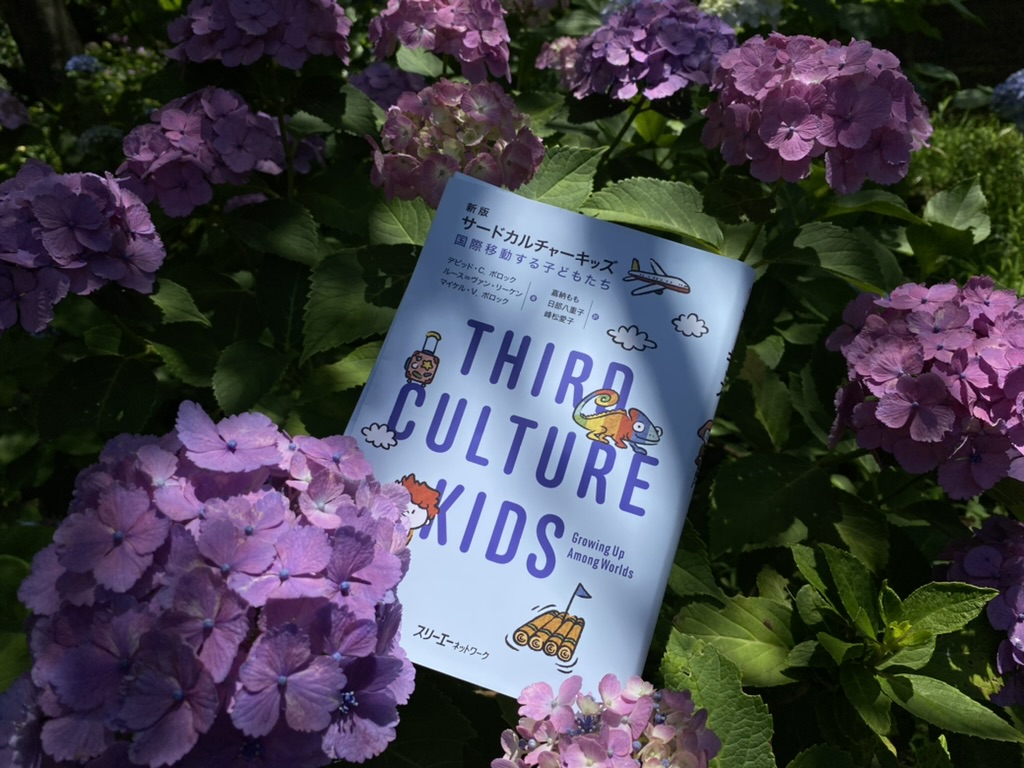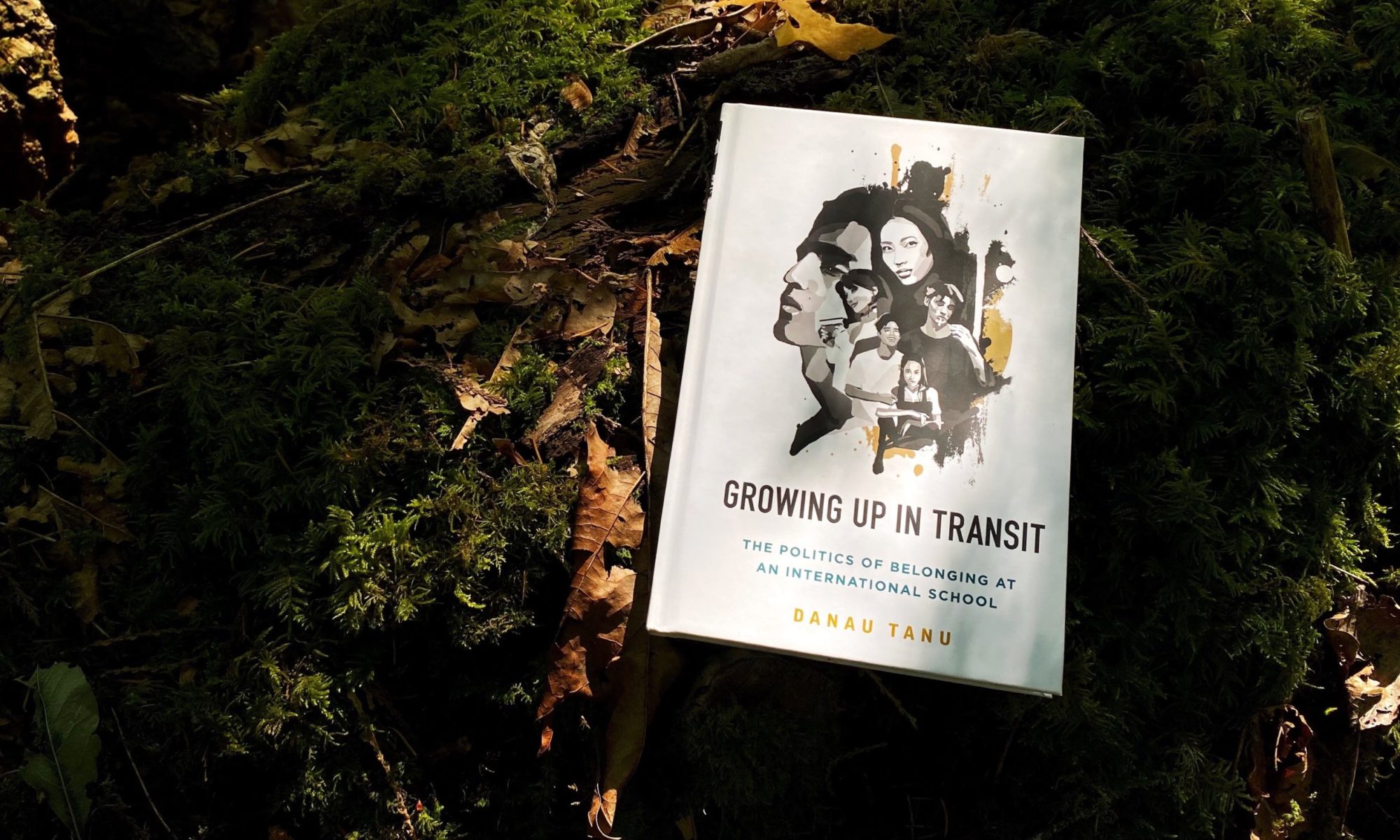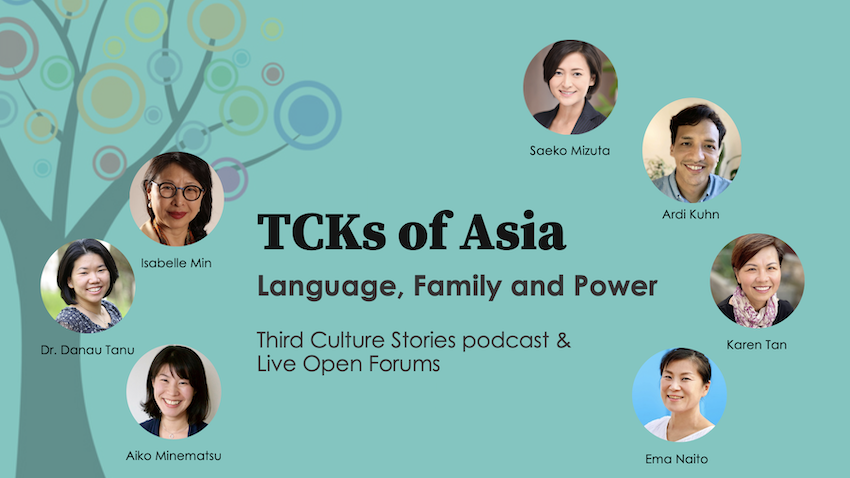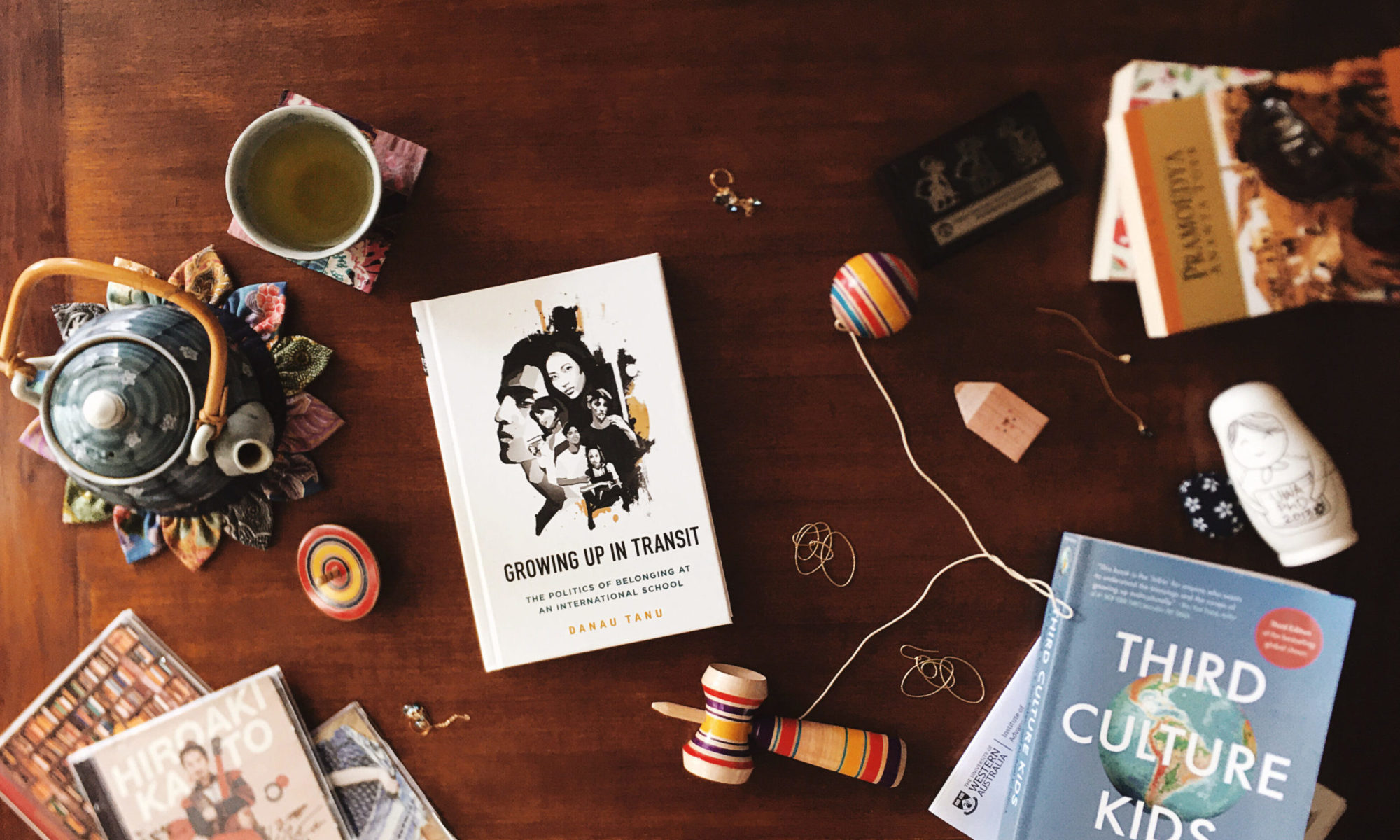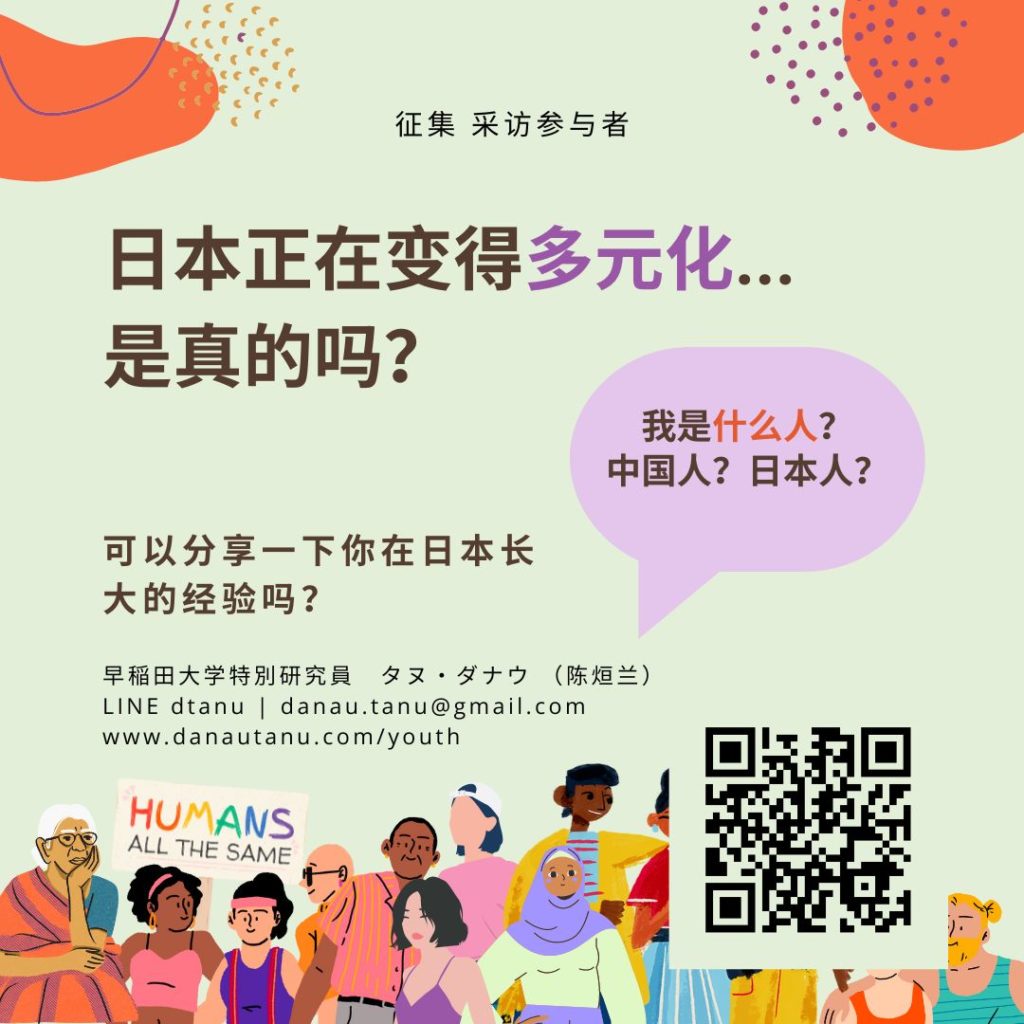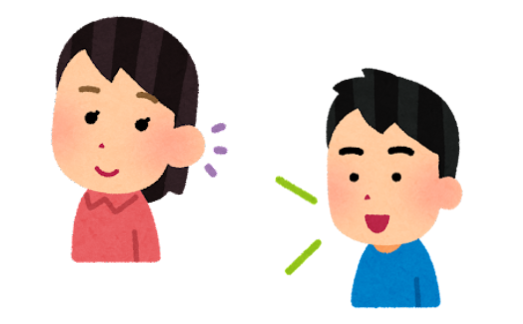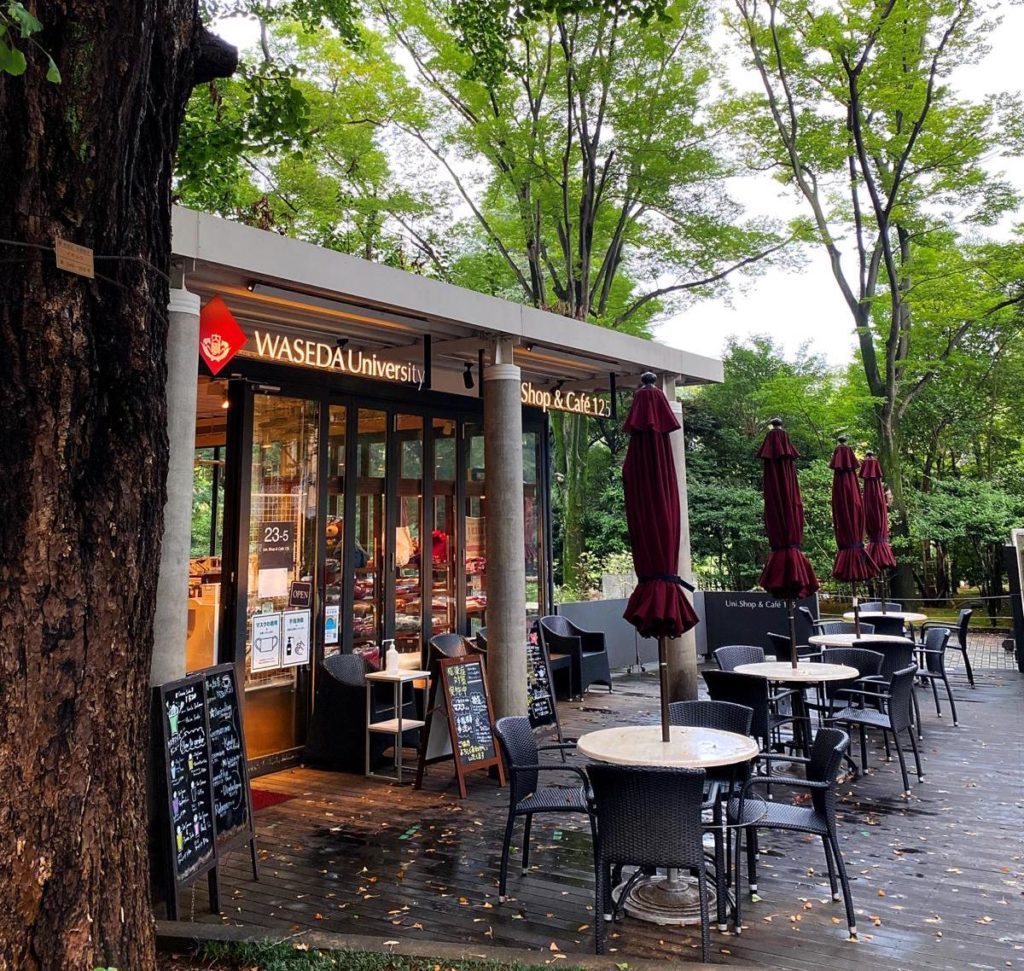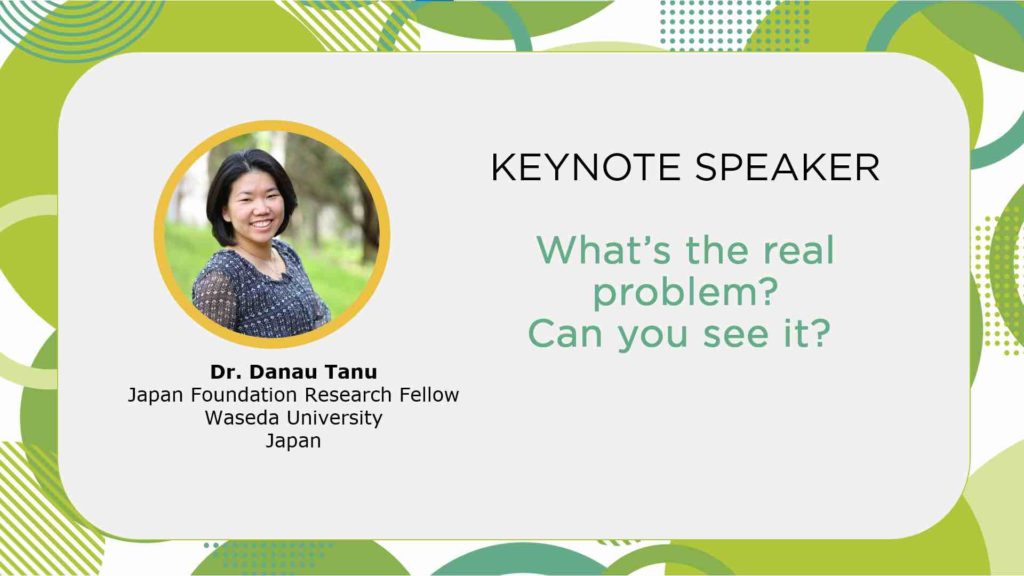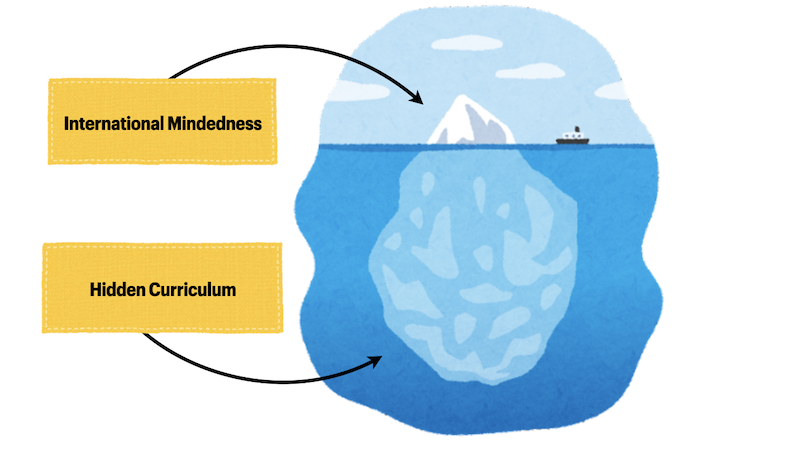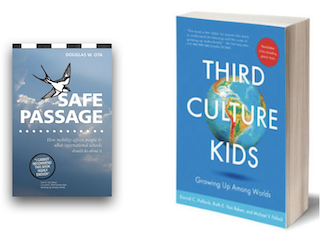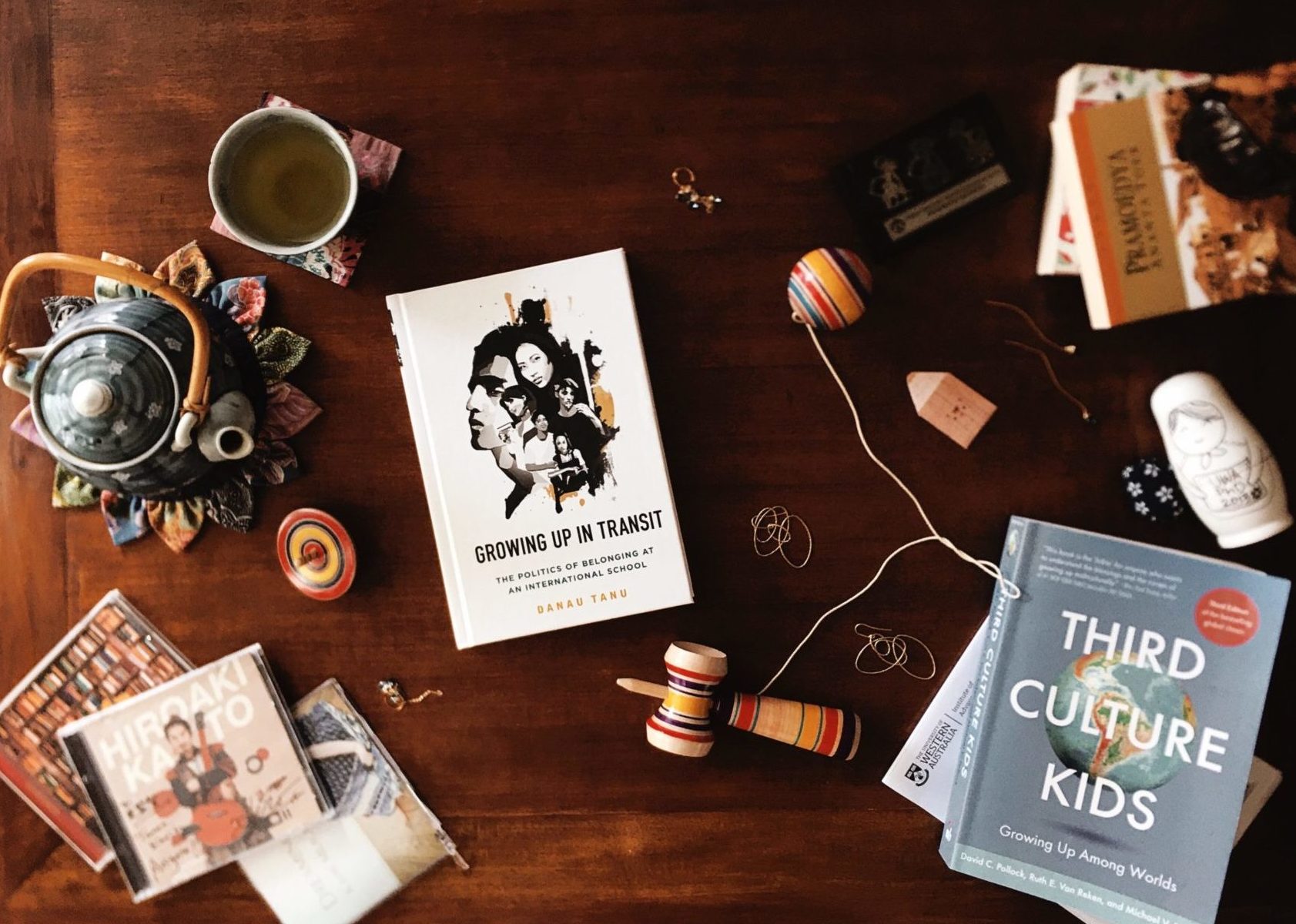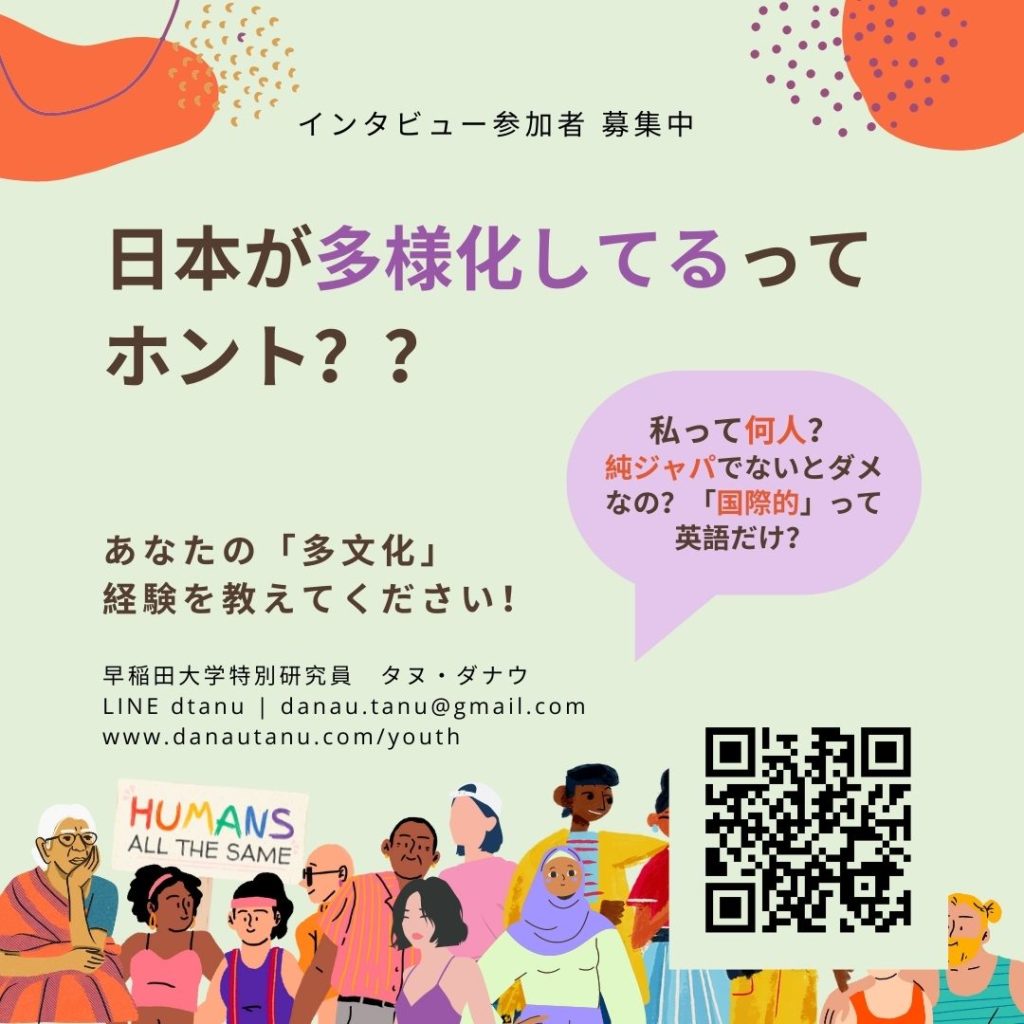This is an anonymous survey. It will take 1-3 minutes to complete.
Content:
- Feedback form
- Workshop description
- Slide deck
- Follow up on workshop discussions (about student names and translation for parents)
- Resources mentioned in the session
- Additional resources
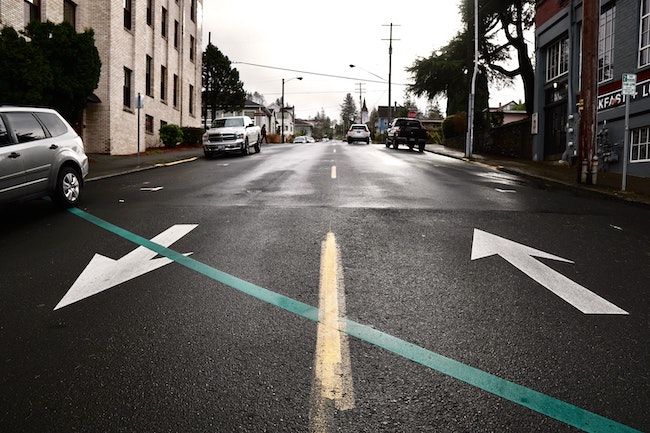
Session description
What does the “inter-nation(al)” in “Seisen International School” mean? In particular, what does it mean today when international schools have increasing numbers of local and foreign students who do not come from English-speaking families?
This session is designed to help participants think about what it means to be “international” from the perspective of I-DEA (inclusivity via diversity, equity and anti-racism).
It will use an updated version of the concept of “third culture kids” to help participants understand the international school experience from the perspective of students of different racial, cultural and linguistic backgrounds. The session will also consider the perspectives of both the “movers” and the “stayers.”
Understanding the student perspective will help uncover the unconscious biases that can affect the way we engage with students, implement our language policies on campus, or design our curriculum. Ultimately, the aim is to help enhance our ability to create a more intentionally inclusive environment on our campuses.
Objectives
- To understand the impact of the international school culture on student identity, culture and language
- To understand how (unconscious) cultural biases influence the way we engage with students
- To learn new ways to interpret and engage with the international school culture and to help students feel seen
Slides
The slide deck from the session is available in PDF format below.
Follow up on workshop discussion
- Student names: There was some discussion about whether or not we should pronounce student names in their original language or with an English inflection. However, the main point is not about the adults deciding which pronunciation is better. Instead, it is about showing interest in the child and giving them a chance to choose how they want to be called rather than imposing our choices of names on them.
- Translation for parents: There was a question about whether or not written communication for parents should be translated. In principle, I believe they should be translated, especially into the local language(s). I have also checked and found out that it is now common practice for international schools to provide translations for parents in the local language(s) and other languages used by large numbers of parents.
Resources from the session
Growing Up in Transit: The Politics of Belonging – Danau Tanu (2018, 2020)
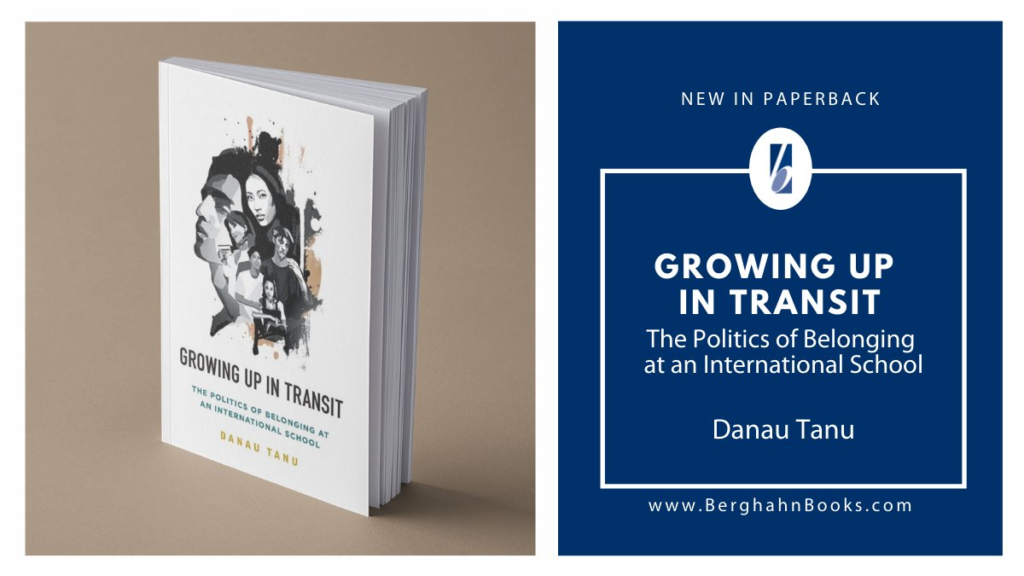
Third Culture Kids: Growing Up Among Worlds, 3rd Edition – Pollock, Van Reken & Pollock (2017). (Click here for Japanese translation or English webpage.)
『サードカルチャーキッズ国際移動する子どもたち』 著者:デビッド・C. ポロック、 ルース=ヴァン・リーケン 、マイケル・V. ポロック 著 嘉納もも、日部八重子、峰松愛子 訳
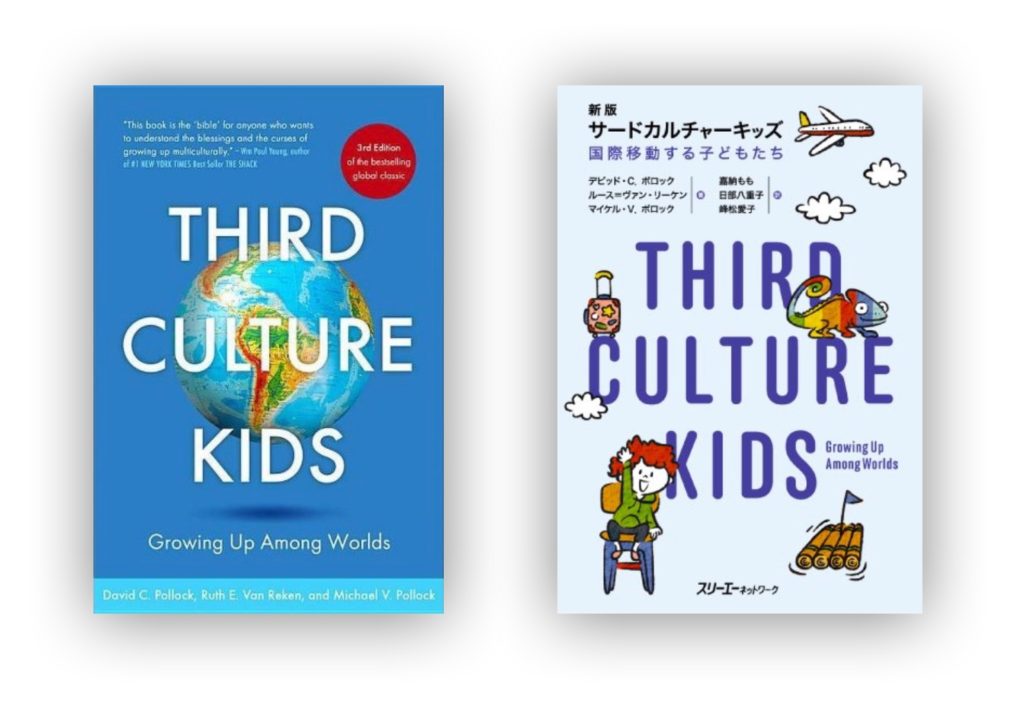
The Global Nomad’s Guide to University Transition (2nd Ed.) – Tina Quick (2022).
Additional resources
Families in Global Transition (FIGT), Japan Affiliate – Saeko Mizuta and Aiko Minematsu run bilingual Japanese and English events for TCKs in Tokyo and online.
TCK Workshop – bilingual tutoring services in Japanese and English for Third Culture Kids (or returnee students / kikokushijo / kikokusei 帰国生 or overseas children / kaigaishjo 海外子女 ).
The traumatizing gift: A global childhood – Saeko Mizuta, TED talk.
Inclusion via Diversity, Equity & Anti-Racism Foundation Workshop by Council of International Schools (24-26 October 2023)
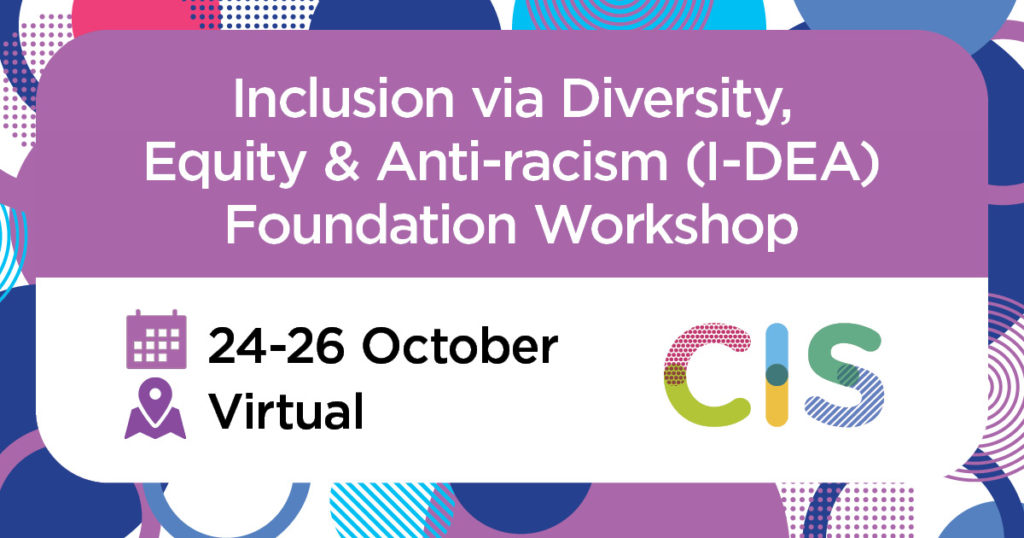
Alien Citizen: An Earth Odyssey – An award-winning film by Elizabeth Liang. Read the film review.
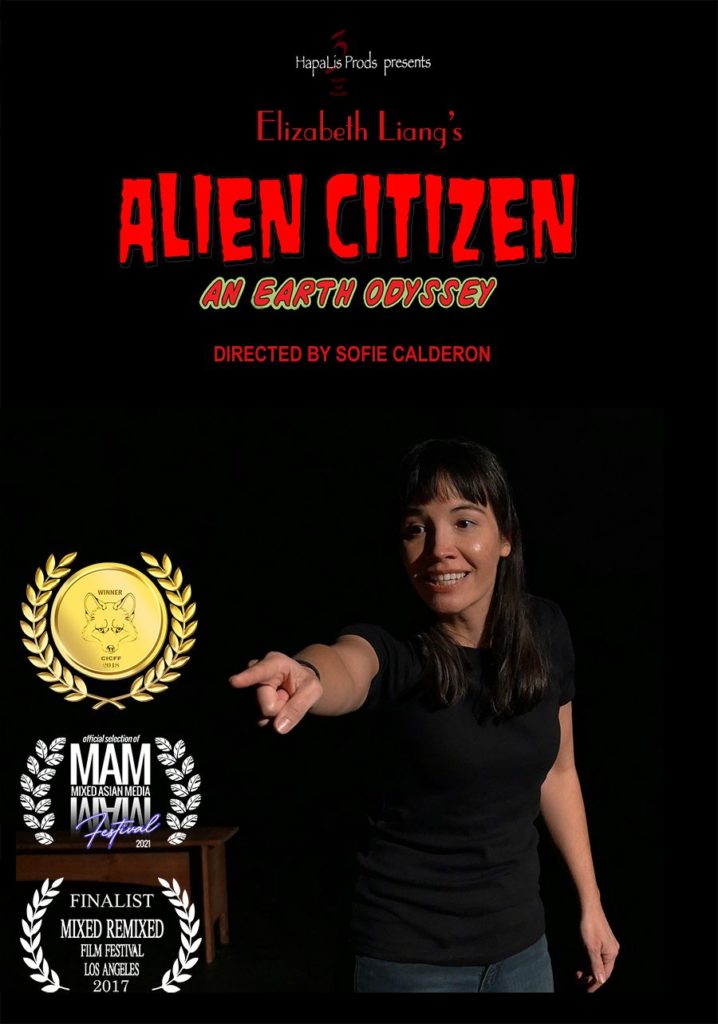
TCKs of Asia live forums & podcast.
Tanya Crossman is author of Misunderstood: The Impact of Growing Up Overseas in the 21st Century. See website.
Safe Passage: How mobility affects people & what international schools should do about it – Doug Ota (2014).
For more resources, see here or Tanya Crossman’s list of recommended resources.
